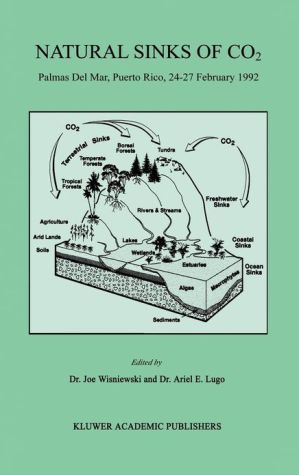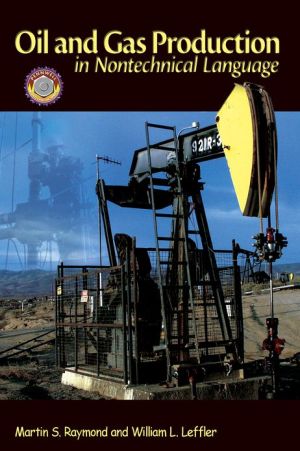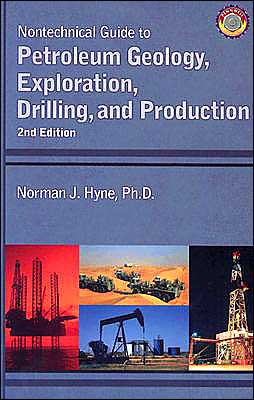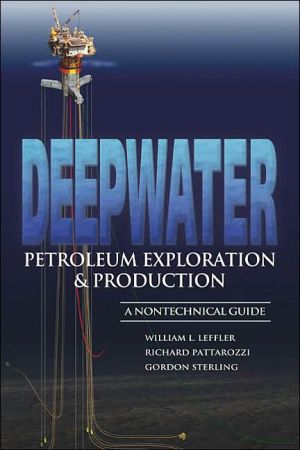Natural Sinks of Co2
Most of the attention with respect to the increase in atmospheric greenhouse gas concentrations centers around three issues: human-generated sources of carbon, mostly from burning fossil fuels; tropical deforestation, which accelerates the production of atmospheric carbon while causting havoc with biodiversity and the economic development of tropical countries; and the temperature increase that may accompany increased atmospheric greenhouse gas concentrations. This is the first book to focus...
Search in google:
Most of the attention with respect to the increase in atmospheric greenhouse gas concentrations centers around three issues: human-generated sources of carbon, mostly from burning fossil fuels; tropical deforestation, which accelerates the production of atmospheric carbon while causting havoc with biodiversity and the economic development of tropical countries; and the temperature increase that may accompany increased atmospheric greenhouse gas concentrations. This is the first book to focus extensively on the reverse to emissions of carbon dioxide (CO2), i.e. the sequestering of atmospheric carbon by aquatic and terrestrial ecosystems. Natural ecosystems are currently sequestering carbon and it is economically feasible to manage existing and additional terrestrial (forest, soil, saline land) and aquatic (coastal, wetland and ocean) ecosystems to substantially increase the level of carbon storage. The prospect of managing natural systems to absorb additional carbon should begin to change the mindset under which scientists, policy makers and society deal with the issue of further greenhouse gas increases.
ForwardPrefaceAcknowledgementsPt. IThe Importance of Carbon SinksThe Search for Carbon Sinks in the Tropics3Why Understanding the Natural Sinks and Sources of CO2 is Important: A Policy Analysis Perspective11Pt. IIEffects of CO2 on Natural SystemsThe Impact of Rising CO2 on Ecosystem Production25Field Measurements of CO2 Enhancement and Climate Change in Natural Vegetation45Potential Effects of the increase in Carbon Dioxide and Climate Change on the Dynamics of Vegetation61Pt. IIIManaging Natural Sinks of CO2Effects of Forest Management on Soil Carbon Storage83On Estimating Agriculture's Net Contribution to Atmospheric Carbon121Processes and Lands for Sequestering Carbon in the Tropical Forest Landscape139Forestry Opportunities in the United States to Mitigate the Effects of Global Warming157Should We Store Carbon in Trees?181The Potential Role of Temperate Forests as Sinks for CO2 - Examples from the German Environmental Policy against Global Warming197Estimating the Global Potential of Forest and Agroforest Management Practices to Sequester Carbon213Forest Fertilization: Its Potential to increase the CO2 Storage Capacity and to Alleviate the Decline of the Global Forests229The Use of Halophytes to Sequester Carbon251Carbon Sinks in Mangroves and Their Implications to Carbon Budget of Tropical Coastal Ecosystems265Marine Algae as a CO2 Sink289Pt. IVModeling Carbon FluxesThe Response of Terrestrial C Storage to Climate Change: Modeling C Dynamics at Varying Temporal and Spatial Scales307Changes in C Storage by Terrestrial Ecosystems: How C-N Interactions Restrict Responses to CO2 and Temperature327Aspects of the Interaction between Vegetation and Soil under Global Change345The Transient Response of Vegetation to Climate Change: A Potential Source of CO2 to the Atmosphere365A Geographically-Based Ecosystem Model and Its Application to the Carbon Balance of the Luquillo Forest, Puerto Rico385Potential of Marine Macroalgae as a Sink for CO2: Constraints from a 3-D General Circulation Model of the Global Ocean405An Approach to Assessment of Management impacts on Agricultural Soil CarbonPt. VNatural Sinks of CO2 Workshop Summary - Technical Synthesis, Conclusions, Key Findings and Research RecommendationsNatural Sinks of CO2: Technical Synthesis from the Palmas Del Mar Workshop439Natural Sinks of CO2: Conclusions, Key Findings and Research Recommendations from the Palmas Del Mar Workshop455List of Participants461Author Index463Subject Index465








